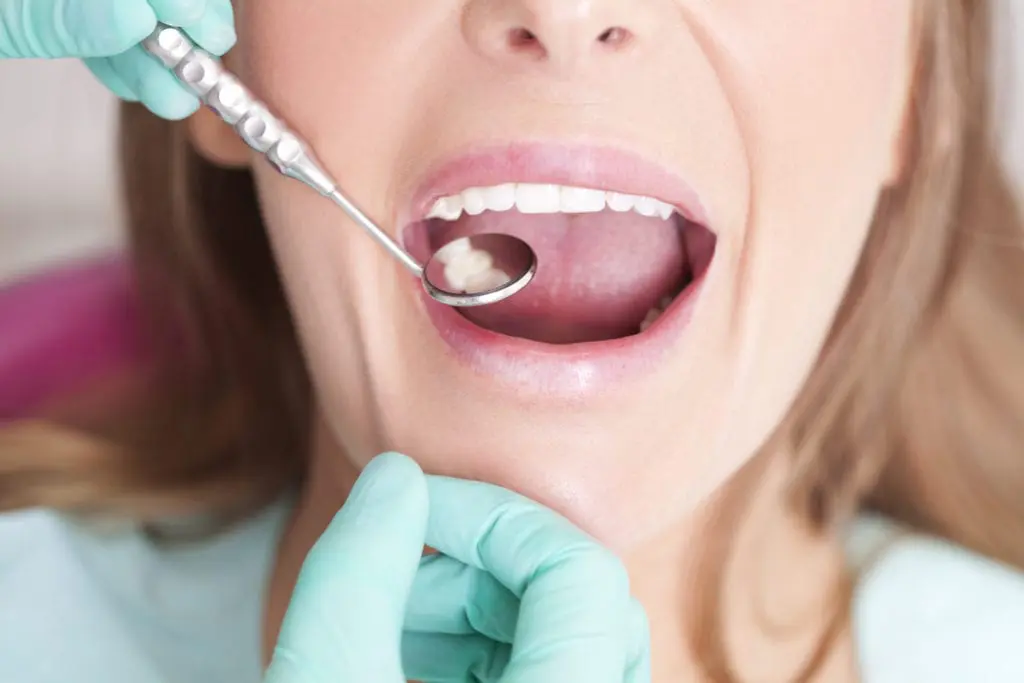
Gum disease, also known as periodontal disease, is a common and often underestimated dental condition that affects millions of people worldwide. It can range from mild inflammation of the gums (gingivitis) to more severe forms of periodontitis, which can lead to tooth loss and even impact overall health. In this article, we will explore the causes, symptoms, and prevention of gum disease, with a special focus on maintaining oral health with the guidance of a trusted dentist.
Causes of Gum Disease: Gum disease is primarily caused by the accumulation of plaque and tartar on the teeth and gums. Plaque is a sticky film of bacteria that forms on your teeth, and if not removed through regular brushing and flossing, it can harden into tartar. Tartar harbors more harmful bacteria, leading to gum inflammation and infection. Other common causes of gum disease include:
- Poor Oral Hygiene: Inadequate brushing and flossing can leave behind plaque, setting the stage for gum disease.
- Smoking and Tobacco Use: Smoking not only weakens the immune system but also reduces blood flow to the gums, making it easier for gum disease to develop.
- Genetic Predisposition: Some individuals may be more genetically prone to gum disease than others.
- Health Conditions: Conditions like diabetes and HIV can increase the risk of gum disease.
- Medications: Certain medications, such as antihypertensives and anticonvulsants, may contribute to gum problems as a side effect.
Symptoms of Gum Disease: The signs of gum disease can vary depending on the stage and severity of the condition. Common symptoms include:
- Bleeding Gums: One of the earliest signs is bleeding gums, especially when brushing or flossing.
- Swollen and Red Gums: Gingivitis often causes gums to become inflamed and appear redder than usual.
- Bad Breath: Persistent bad breath, also known as halitosis, can be a sign of gum disease.
- Gum Recession: As gum disease progresses, the gums may start to pull away from the teeth, making the teeth appear longer.
- Tooth Sensitivity: Increased sensitivity to hot or cold temperatures can be a symptom of gum disease.
- Loose or Shifting Teeth: Advanced gum disease can lead to tooth mobility and even tooth loss.
Preventing Gum Disease: Preventing gum disease begins with maintaining good oral hygiene practices:
- Regular Brushing and Flossing: Brush your teeth at least twice a day and floss daily to remove plaque.
- Dental Check-ups: Schedule regular dental check-ups with a trusted dentist they can detect gum disease in its early stages and provide appropriate treatment.
- Quit Smoking: If you smoke or use tobacco products, quitting can significantly reduce your risk of gum disease.
- Balanced Diet: Eating a diet rich in fruits and vegetables and low in sugary snacks can help maintain healthy gums.
- Manage Health Conditions: If you have underlying health conditions like diabetes, work with your healthcare provider to manage them effectively.
In conclusion, gum disease is a prevalent but preventable condition that can have serious consequences if left untreated. By maintaining good oral hygiene practices and seeking regular dental care from professionals like Doctor Wisdom, you can significantly reduce your risk of developing gum disease and enjoy a healthy, beautiful smile for years to come. Remember that prevention is the key to maintaining optimal oral health.

